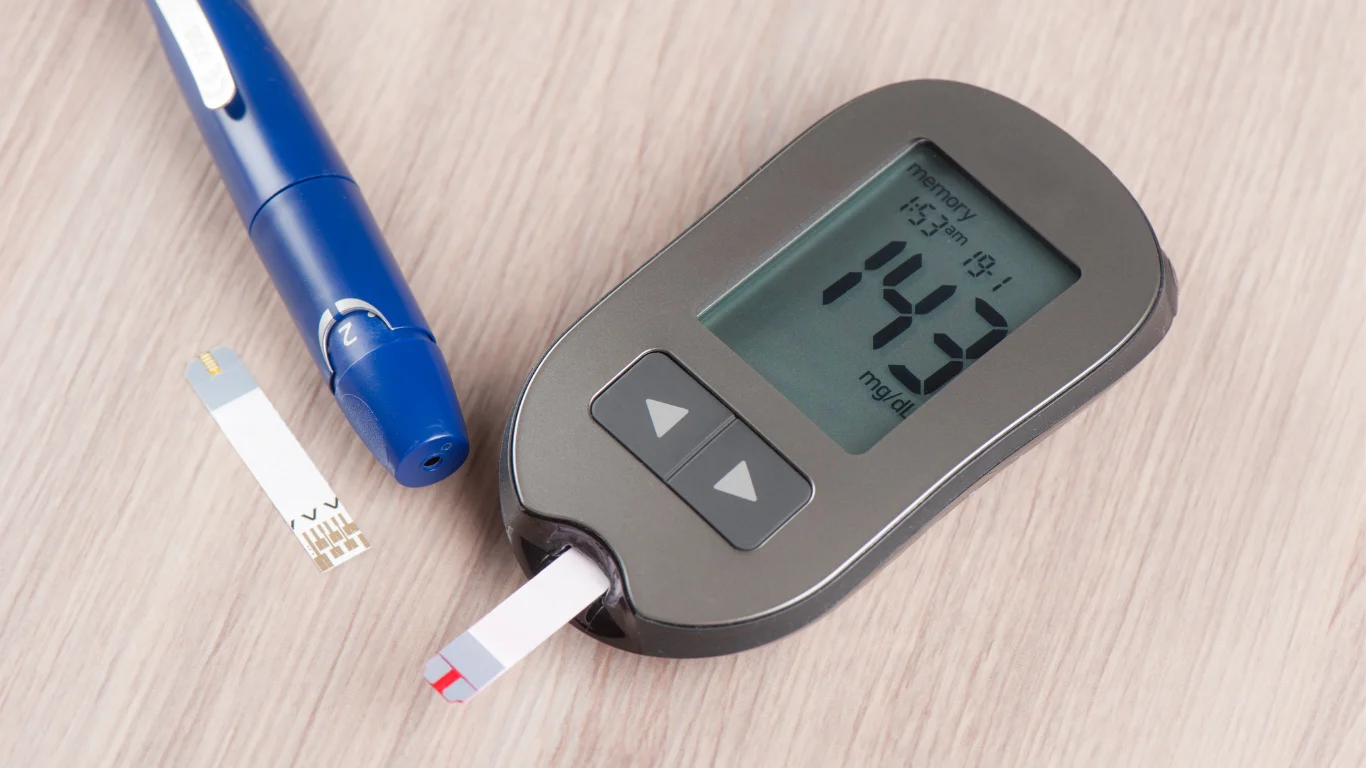University life is often seen as a time of growth, exploration, and learning. However, for many students, it also brings immense pressures from academic demands, social expectations, and personal challenges. Study stress is a growing concern, significantly impacting students’ mental health. Addressing this issue and fostering open conversations are essential for building resilience and creating a supportive university environment.
Understanding Study Stress and Its Impact on Mental Health
Study stress arises from academic responsibilities such as exams, tight deadlines, and the pressure to excel. While short-term stress can motivate productivity, chronic stress can lead to harmful effects, including:
- Mental health challenges: Anxiety, depression, and burnout.
- Physical symptoms: Headaches, disrupted sleep, and fatigue.
- Cognitive difficulties: Reduced focus and memory retention.
According to recent research published in Frontiers in Psychology, chronic stress significantly influences students’ mental health, often leading to a vicious cycle of poor performance and deteriorating well-being.
The Role of Vitamin D in Managing Mental Health
Vitamin D plays a crucial role in emotional and physical well-being, yet stress and lifestyle factors often lead to deficiencies. Here’s how they’re interconnected:
- Stress Reduces Vitamin D Levels: Chronic stress limits outdoor activity and promotes poor eating habits, reducing Vitamin D intake.
- Vitamin D Deficiency Worsens Stress: Low levels of Vitamin D are linked to symptoms like anxiety, depression, and fatigue, making it harder to manage stress effectively.
A study published in the National Center for Biotechnology Information (NCBI) highlights that sufficient Vitamin D levels can improve mental health by alleviating symptoms of depression and supporting stress management.
For students experiencing persistent stress, monitoring Vitamin D levels is essential. Services like Best DOC Home Healthcare’s lab-at-home service offer convenient Vitamin D testing, making it easy to assess and address deficiencies.
Breaking the Silence: Addressing Mental Health Stigma in Universities
Despite growing awareness, mental health stigma persists in university settings. Many students hesitate to seek help, fearing judgment or misunderstanding, which can lead to isolation and worsen the problem.
Universities must actively promote open discussions about mental health to encourage students to access available resources without fear or shame. Open conversations are a vital step in breaking this cycle and fostering a supportive community.
Recognizing the Signs of Study Stress
Acknowledging the symptoms of study stress is the first step to managing it effectively. Common signs include:
- Persistent feelings of sadness or anxiety.
- Trouble focusing or retaining information.
- Physical discomfort such as headaches or exhaustion.
- Loss of interest in hobbies or social activities.
Early intervention can prevent these issues from escalating and restore balance to a student’s life.
Practical Steps to Manage Study Stress
1. Start the Conversation
Talking to trusted friends, family, or professors can help ease emotional burdens and create a support system.
2. Leverage University Resources
Most universities provide mental health services such as counseling, peer support groups, and wellness workshops. These resources are invaluable for navigating stress effectively.
3. Prioritize Self-Care
Self-care strategies are vital for managing stress and boosting mental health:
- Mindfulness Meditation: Reduces anxiety and improves focus.
- Regular Exercise: Enhances mood and energy levels.
- Healthy Diet: Supports both mental and physical health.
- Vitamin D Maintenance: Sunlight exposure or supplements can help regulate emotions and energy.
4. Seek Professional Support
If stress becomes overwhelming, consider professional help through counseling or life coaching. Personalized guidance can offer actionable strategies for managing challenges.
How Best DOC Home Healthcare Can Support You
At Best DOC Home Healthcare, we provide personalized care to address the mental and physical impacts of study stress, including:
- Life Coaching at Home: Expert guidance on building resilience, managing stress, and achieving personal goals.
- Lab-at-Home Testing: Convenient Vitamin D testing to identify and address deficiencies that may affect your mental health.
- Comprehensive Support Plans: Holistic care that combines emotional and physical health strategies.
Why Choose Best DOC Home Healthcare?
- Convenience: Access services from the comfort of your home.
- Customized Solutions: Receive tailored advice and support to fit your needs.
- Integrated Care: Improve both your mental and physical well-being simultaneously.
Take the First Step Toward a Balanced University Life
Study stress is a serious concern, but it doesn’t have to overshadow your university experience. By recognizing its signs, addressing stigma, and seeking support, students can regain their balance and thrive both academically and personally.
Take charge of your mental health with Best DOC Home Healthcare. Whether you need life coaching or at-home lab testing, we’re here to support your journey toward a healthier, stress-free future.
Your well-being matters—break the silence and take the first step today.












